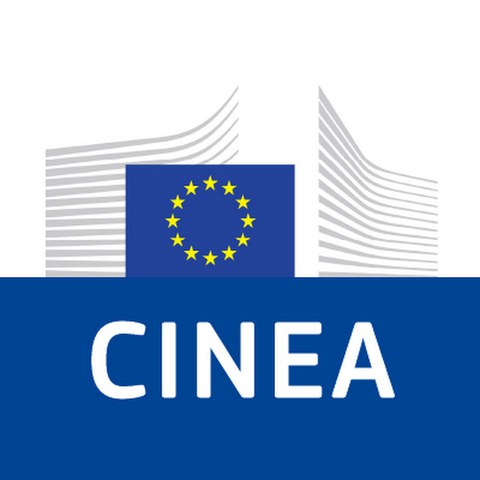TRIATHLON
Thermodynamics-driven control management of Hydrogen powered and electrified propulsion for aviation
Significant efforts are being made at international level to reduce CO2 emissions in order to mitigate the negative impact of human activity on the environment. The global aviation industry is aiming to reduce its CO2 emissions by 50% by 2050 compared to 2005 levels. Novel propulsion technologies using fuel cells and/or hydrogen-based combustion systems will play an important role in this transition to net-zero CO2 emissions.
The goal of TRIATHLON is to develop breakthrough approaches for the development of more robust, low-maintenance, low-emission and responsive hydrogen-electric powertrains for megawatt-class aircraft. This goal is to be achieved by consistently pursuing the following objectives:
- Developing and investigating the feasibility of targeted storage solutions for higher gravimetric density and lower losses to the atmosphere, thereby increasing safety and reducing costs.
- Development of a hybrid power generation system that achieves high efficiency, high power density and extremely low NOx emissions.
- Characterization of heat and mass transfer at the interfaces of hydrogen phase change and definition of thermal management solutions based on structured mini-channels.
- Evaluation of these technologies and development of a roadmap to further increase the TRL.

Structure and main research areas of project TRIATHLON.
01.01.2024 – 31.12.2027
 © TUD/ILK
© TUD/ILK
Chair of Lightweight Systems Engineering and MultiMaterial Design
NameProf. Dr.-Ing. habil. Maik Gude
Send encrypted email via the SecureMail portal (for TUD external users only).
Institute of Lightweight Engineering and Polymer Technology
Visitors Address:
DÜR, Floor 0, Room 71 Holbeinstr. 3
01307 Dresden
Deutschland
- Dr. Christoph Ebert (Testing Methods and Material Models)
Publikationen Christoph Ebert | TU Dresden
- Nils Wieja (Function Integration)
Publications |Nils Wieja TU Dresden
- Jan Condé-Wolter (Thermoplastics Processing)
Publications Jan Condé-Wolter | TU Dresden



